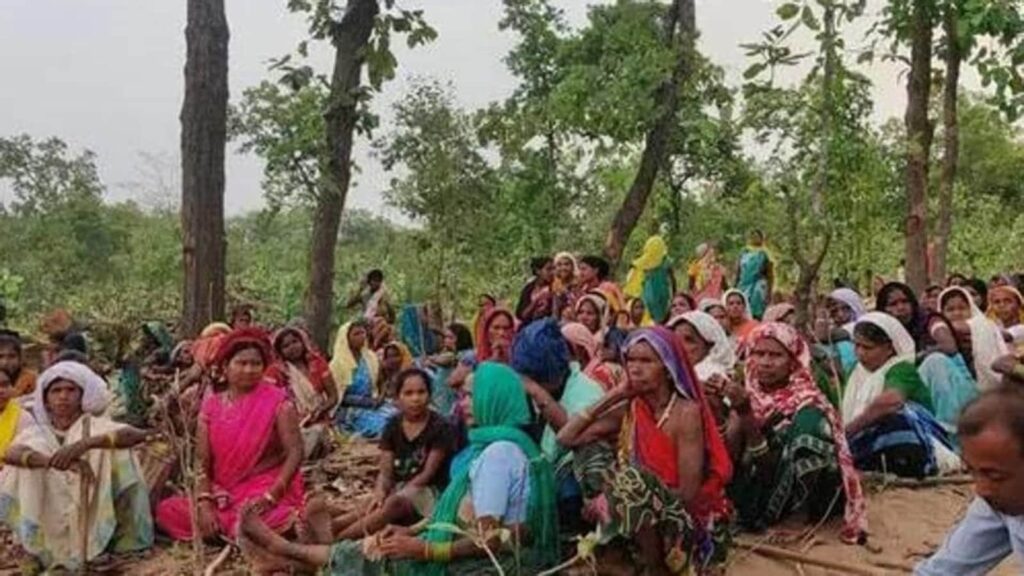The government’s push for a uniform civil code (UCC) appears to have run into resistance from many of India’s tribespeople — from central India to the northeastern states. The protests from a number of community groups, and even some chief ministers, has been so prompt that the head of the parliamentary panel on public grievances and law and justice — Bharatiya Janata Party MP Sushil Modi — even made a pitch for keeping tribal communities and the northeastern states out of the ambit of any proposed UCC.
The concerns expressed by tribal groups in the Northeast, Chhattisgarh and Jharkhand run on similar lines; they say that in many parts of India, tribal lives are governed by customary local laws, traditions and family practices that may not be in consonance with uniform guidelines on these issues, thus threatening a way of life that many communities still struggle to preserve. They don’t want their culture to be inundated under a faceless code, and, therefore, call for more discussions before implementation of UCC. Of course, there is also a political calculus at play — with the tribal groups likely to be key players not just in the 2024 elections but also in a clutch of assembly polls before that.
But beyond immediate electoral concerns, the anxieties in India’s tribal heartland mirror many of the discussions that animated the Constituent Assembly’s UCC debates seven decades ago — showing that in a country as diverse as India, enforcing uniformity is neither always desirable nor straightforward. Any steps towards UCC must be taken cautiously, with deliberation and foresight. The concerns of tribal groups only reinforce that.
Enjoy unlimited digital access with HT Premium
Subscribe Now to continue reading


